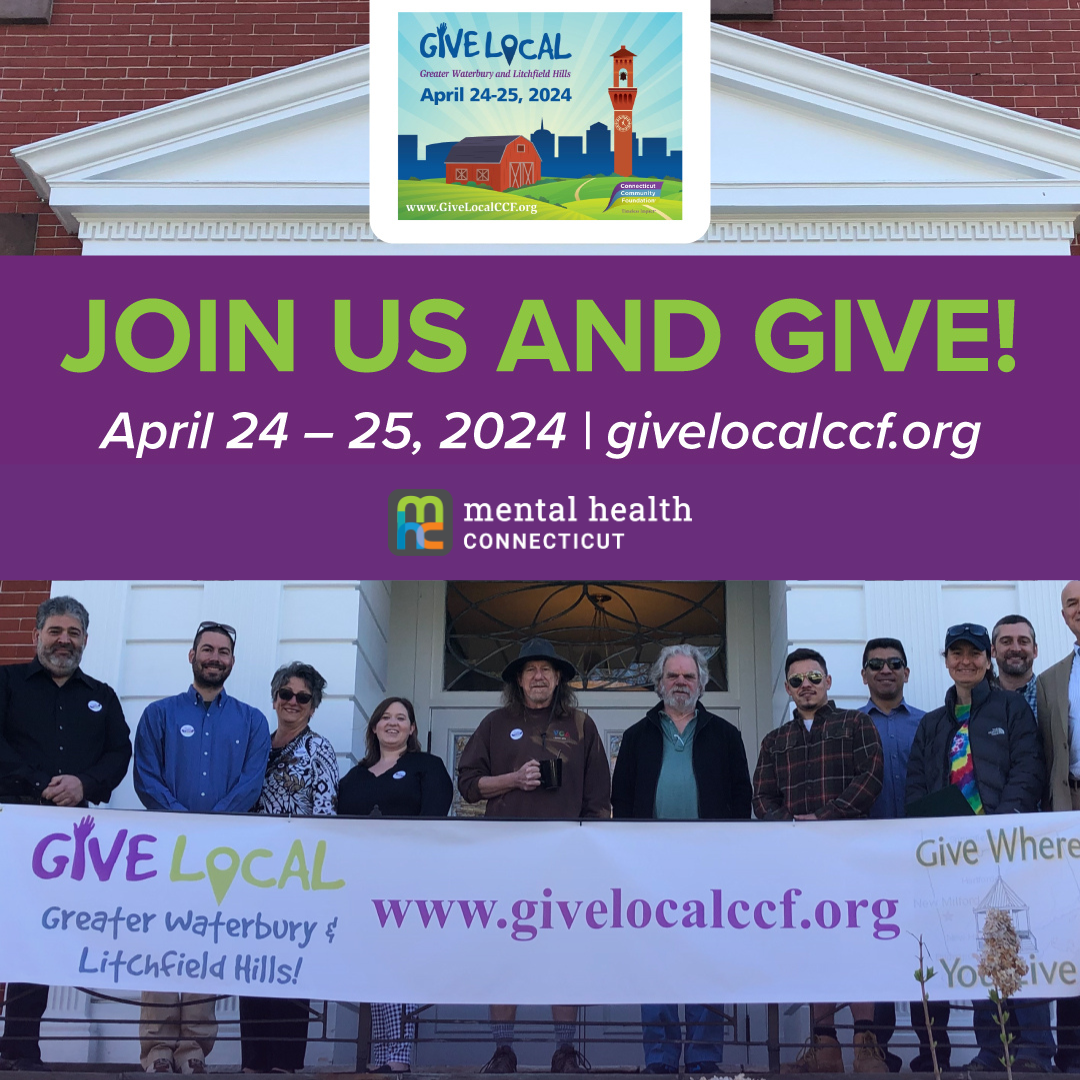Contributed by: Jane Sandwood
For much of my 20’s I fell into a self-destructive cycle of depression mixed with seclusion, isolation, and poor eating habits. Those habits were cyclic because they led to poor health, weight gain and which made me feel even worse about myself. Admitting depression is still not easy because while awareness is growing, there is still a lot of stigma out there. However, I discovered by accident – having to walk to the shops because my car broke down, that exercise is an amazing boost to how we feel both physically and crucially, mentally. You can find a full report on how exercise improves mental health, but here’s a summary:
The Myriad Benefits of Exercise
First, let’s look at the 4 main areas exercise improves:
- 1. Physical: Depending on what exercises you do you will improve all functional areas of the body including circulation, respiratory, muscle, and other organs.
- 2. Psychological: Feel good endorphins are released during exercise which improves our overall mood significantly while also affecting cognitive function.
- 3. Social: By exercising, you get to meet more people, socialise, and build bigger support networks – even for solo exercises.
- 4. Overall Health: Exercise reduces a person’s risk of type 2 diabetes and cancer as well as improving overall health and wellbeing.
How Does Exercise Improve Mental Health?
While the exact benefits vary from person to person and condition to condition, here’s how it can help some of the more common ones:
- Anxiety: Reduces triggers and the scale of any panic attack
- Stress: Clears the mind and improves rational decision making skills as well as improving blood pressure and oxygen circulation
- Depression: Releases endorphins improving happiness and general feelings
- PTSD/Trauma: Helps reduce triggers, improves everyday movement, and reduces self-destructive behavior
- ADHD: Improves concentration, information retention, and motivation
Common Obstacles to Taking Up Exercise
Getting started is perhaps the hardest element of exercising to better mental health. It’s like the first word of an article. You might imagine it to be the first one at the top there, but usually, it’s not. By this, I mean that you might not get started in the way you imagine. For me it was walking more and trying new routes which led into rollerblading, cycling, and eventually to working out. Here’s some of the obstacles you might face:
- Impact on Existing Issues – some physical or mental health issues will make exercising challenging and this can put people off
- Discouragement – from yourself and from others
- Time – It’s easy to be too busy
- Motivation – can’t convince yourself it’s needed
- Obligations – family, work
- Resources – can’t afford it, no equipment etc…
Before You Start: Exercise is something which needs to be eased into and built up slowly. If you have existing mental health issues or any physical issues speak with a doctor first. They will be able to help you design a good exercise routine or manage limitation. Also look at what options are available to you and how they fit into your needs and what you can and cannot reasonably do. For example. I cannot workout around other people, so do it at home. Finally, plan a routine – keep it simple, keep it light at first, and don’t put pressure on yourself. It’s ok to have a bad day.


